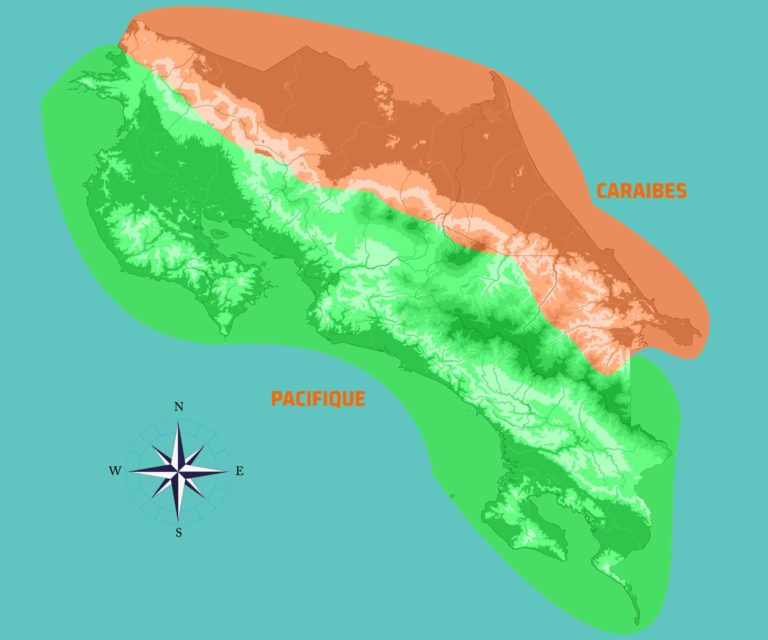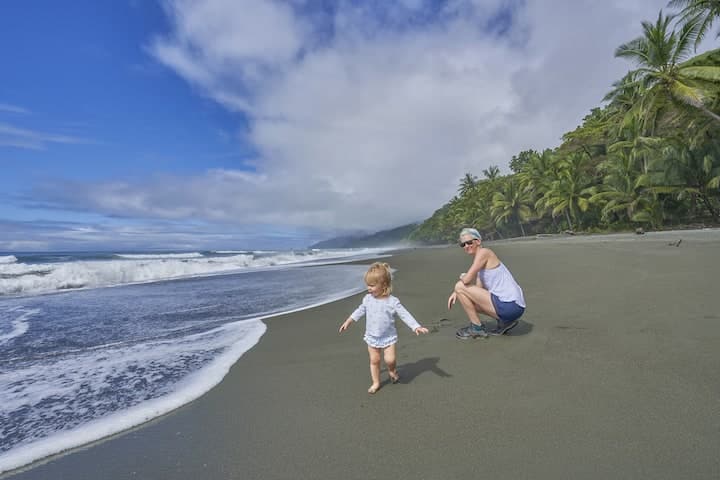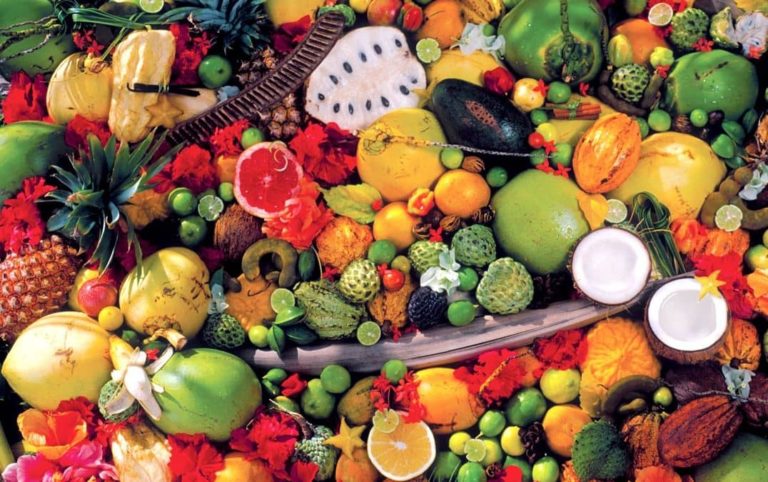Going to Costa Rica in January, February?
Here we give you all the information and our best tips for enjoying Costa Rica in January and February.
First of all, you should know that these are very popular months for many North Americans, but also for many Europeans. This is the time when prices are most expensive after Christmas and Holy Week.
We call this the high season because the climate is mild throughout most of the country. This is the height of the dry season, with virtually no risk of rain.
It should be noted, however, that depending on your travel desires, this may not necessarily be the best season. This period is ideal for anyone coming to enjoy the beach. But if you’re more interested in wildlife watching, then July or August is a better time to go.
However, some disparities should be noted depending on climatic influences. Below is a brief overview of the climate in January and February, depending on the region.
January-February by region in detail
The Caribbean
Temperatures in the Caribbean remain virtually constant throughout the year. Rain, on the other hand, is present all year round in the form of showers that are more or less intense depending on the month, but very pleasant for slightly cooler nights. The best months are February, March, September and October, which are nicknamed “Caribbean summer” here because it is a period when it rains practically everywhere except there.

The Central Valley
The capital shines in January, and February is still a hot summer. It’s also the season of the trade winds, those cold winds that blow from the north. Daytime temperatures are between 22 and 26 degrees Celsius. This is an ideal time to visit the Poás and Irazu volcanoes, as the craters are cleared thanks to these almost constant winds.
Arenal and Tenorio
These regions are influenced by the Caribbean, giving them a similar climate, albeit with less rain.
Temperatures range from 24 to 28 degrees Celsius, with a high perceived temperature due to the humidity.
Guanacaste and Nicoya Peninsula
This is the driest and hottest region in the country. It’s also the most tourist-dense. The risk of rain is virtually zero. The landscapes are arid, the rivers have dried up, and the waterfalls have dried up. Temperatures can reach 35 degrees during the day. This is the ideal time to enjoy a beach vacation.

Central Pacific
Just like Guanacaste, this is the perfect time to enjoy the beach. Rain is extremely rare during January and February, and temperatures range between 26 and 32 degrees.
South Pacific, Golfo Dulce and Osa Peninsula
This is undoubtedly THE so-called dry season in this region of southern Costa Rica. A downpour is not out of the question, and temperatures are around 30 degrees.
Cordillera Central, Dota
This is undoubtedly the best time to discover this magnificent region for the rather mild climate, but not for observing the Quetzal which prefers a cooler and more humid climate. Daytime temperatures sometimes reach 25 degrees and at night it hardly drops above 12 degrees.
Here are the best tours we have put together for you to discover Costa Rica in January and February:
- The Langosta Tour will introduce you to Guanacaste and the Central Pacific in their most beautiful form.
- Fancy a tropical honeymoon in January or February? Here’s our suggested itinerary.
- A beautiful loop to enjoy 15 days in January or February in Costa Rica
In conclusion, discovering Costa Rica in January-February guarantees ideal weather, very warm temperatures, and calm seas hovering around 28-30 degrees Celsius.
It’s important to note that you need to book well in advance, as the choice of accommodations dwindles from October onward. Ecolodges and beachfront hotels are booked up.
Conversely, if you’re coming to see the flora and fauna, this isn’t the best season, as many animals prefer milder temperatures and, above all, they love rain, the source of life.
A recent look at Costa Rica
Why travel with us?

A flawless reputation since 2008

A single contact in English

Our presence on the ground all year round

Our expertise for a tailor-made offer





